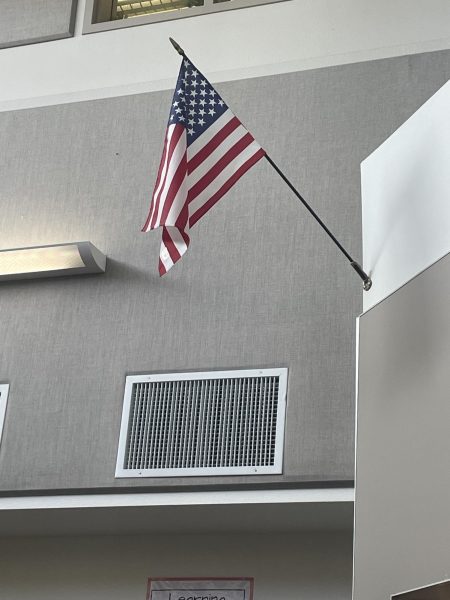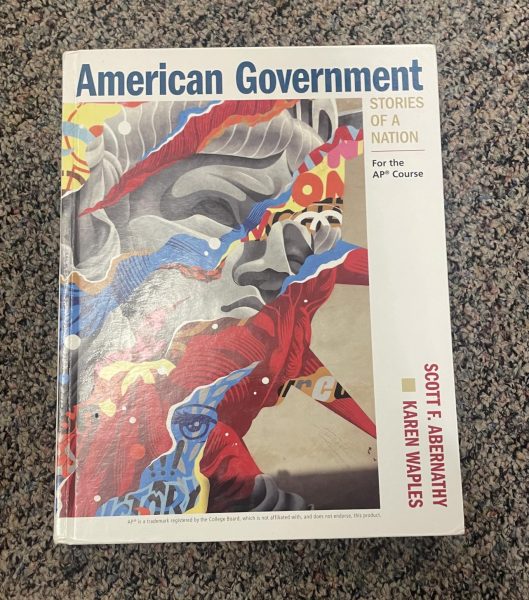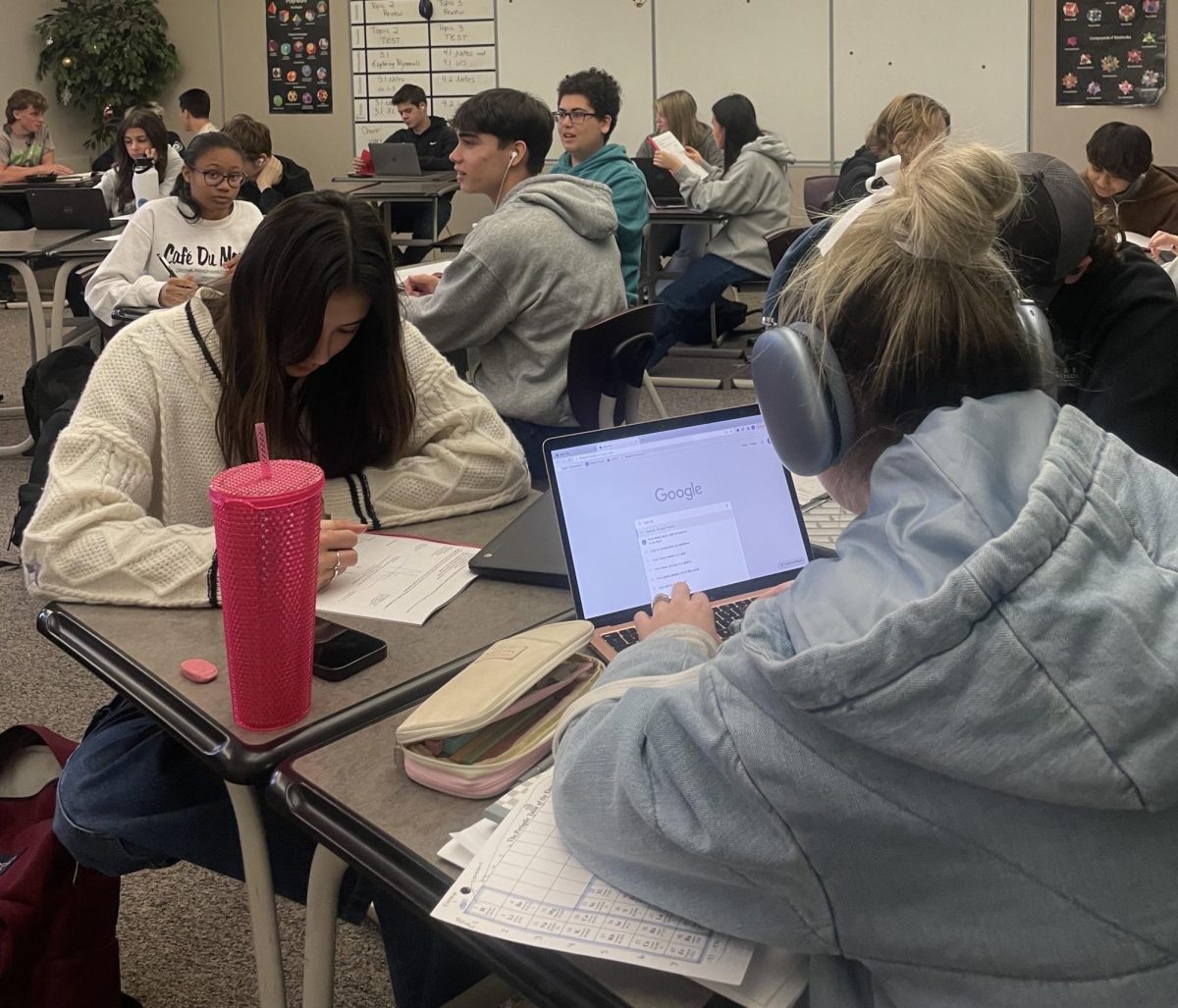One of the most important things to learn about during the formative years of high school is how our government works. It has always been very important to learn and understand the importance of how the government works, serves and benefits our country and society. However, in the last few years, students have not demonstrated the same importance of learning basic civics.

A recent study by the National Assessment of Educational Progress found that only 13% of eighth-grade students are proficient in their last year’s social studies class while 22% understand basic civics. This seems to be a trend that continues to decrease year by year.
There are many things that can contribute to this lack of understanding. For one, many students act as though civics and politics are better suited for the older generations and find the subjects boring.
It can also be attributed to a lack of education on the subject matter. Students do not receive a formal civics education until their senior year of high school. “It kind of makes sense because that’s when you are going to start to vote but then [it] kind of doesn’t because we haven’t been building [the necessary] knowledge all along,” CHS senior English teacher and AP Government teacher Kristi Bridges said.
However, eighth graders do get some civics education however it is very minimal and they do not discuss civics or government again until later in high school. “I don’t really remember much from middle school,” CHS sophomore Naomi Costa said.

This could be a generational difference as well. In a recent study published by the U.S. Chamber of Commerce Foundation, it was found that more than 70% of Americans across all demographics fail a basic civics literacy test. It may also be taken into account that only 60% of Americans vote in presidential elections, 40% in midterm and state elections and 20% in local elections.
Evidently, students may get the impression that because their parents or other relatives of previous generations don’t participate or pay attention to politics, voting may not be a crucial practice.
Contrarily, some students do care and are eager to learn more about the government. “There is definitely more for me to learn, we’ve only scratched the surface on government,” CHS junior Kellen Dufner said.



































